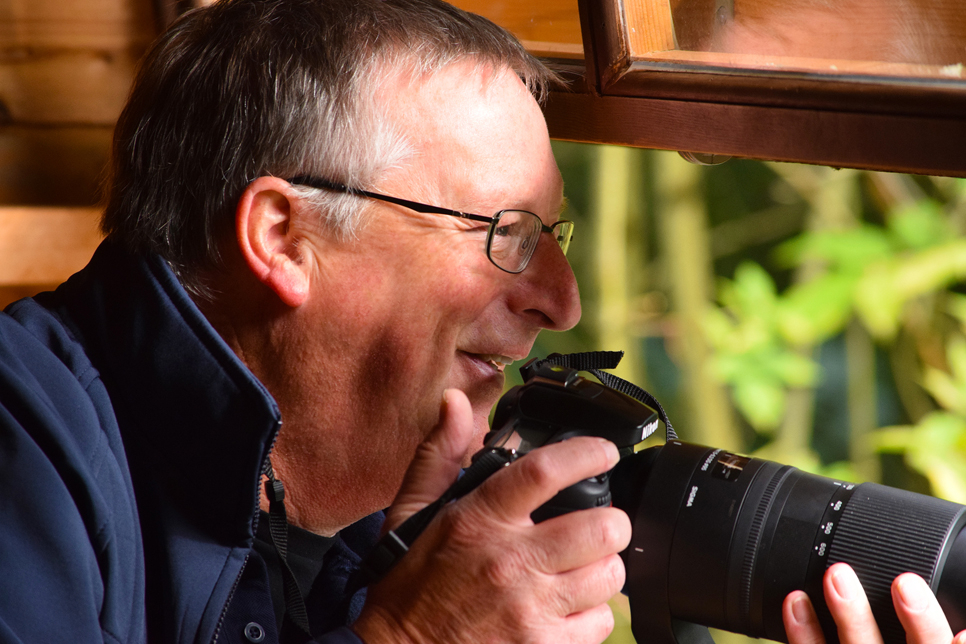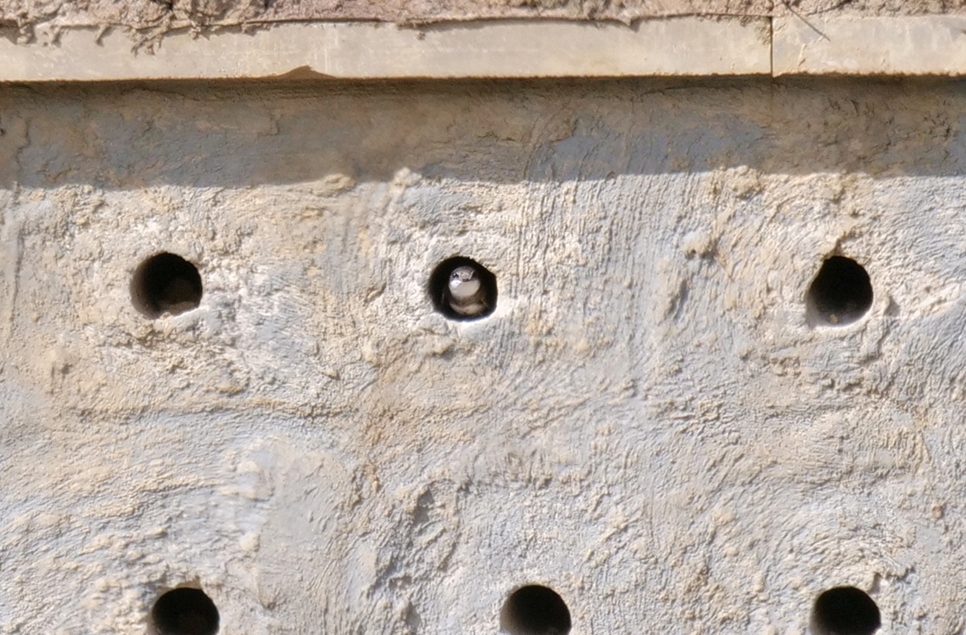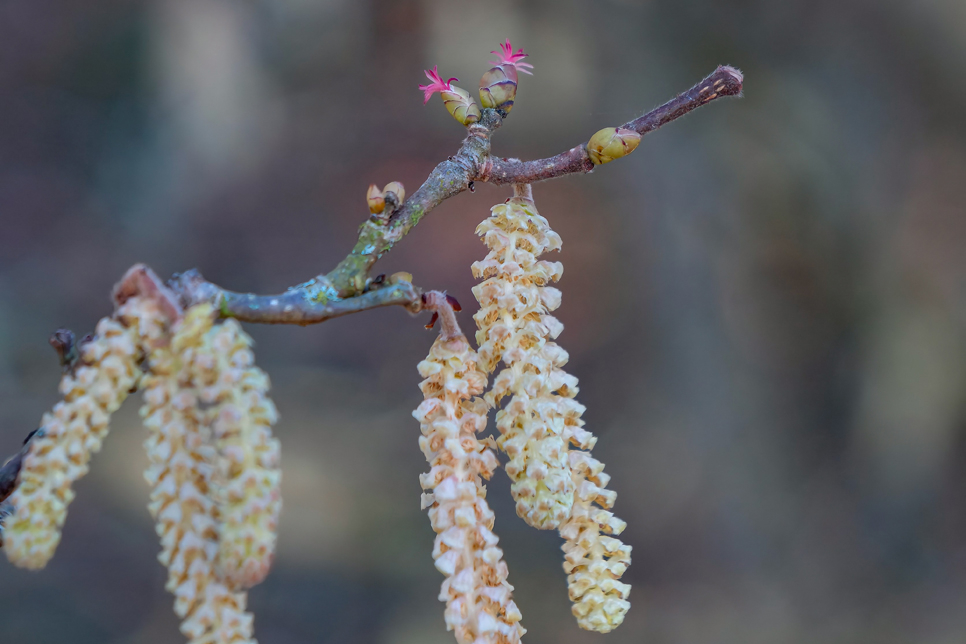Record avocet numbers
WWT Washington have recorded their highest ever number of avocet on site so far this year
Avocet are achieving all sorts of new records this year despite the breeding season only just beginning for these regionally rare wading birds.
WWT Washington Wetland Centre welcomed back the first avocet of the season on 16 February, the earliest these birds have ever arrived at the local nature reserve. Then on 26 April, the highest ever record of adult birds was achieved when 50 birds were counted, 8 more adults than last year’s previous record.
The black and white waders are currently pairing and nest-building on the shoreline of Wader Lake, as well as on the shingle islands, which were enhanced and doubled in size in 2015 thanks to a £21.4K funding boost from Biffa Award.
WWT Washington’s reserve manager John Gowland said, “We’re excited to have this many adult birds so early in the season.”
“Last year, the ‘beast from the East’ caused many problems for birds nesting around our site and contributed to initial failed breeding attempts for many, including avocet. However, a second attempt proved more positive as 24 avocet chicks successfully fledged last year.
“High numbers of adults so far this year and hopefully better weather could mean we’re in for a very successful breeding year. For these birds to return year after year is a fantastic achievement and a real conservation success story for us here at Washington.”
John added “The islands on Wader Lake are a vital nesting and breeding habitat for many bird species. This is something we continually improve and add to as part of our management plan.”
Avocet first arrived at Washington Wetland Centre in 2006, when the first ever pair was spotted. Since then numbers have steadily increased and are now at an all-time high.
As well as increasing nesting space for avocet, the continued improvements benefit a host of other birds, including regionally important lapwing and a significant local population of breeding common tern, an amber-listed bird.


